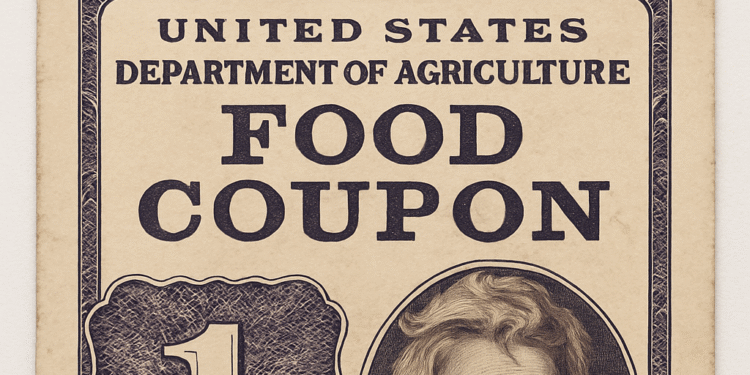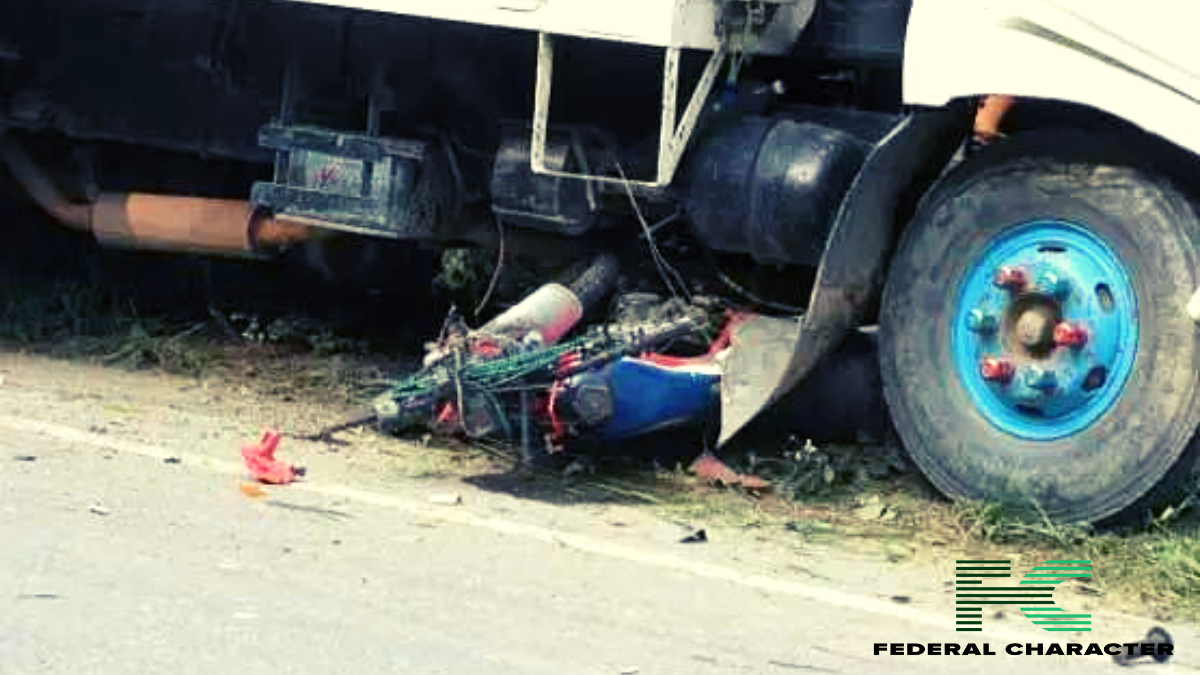Rumors that President Donald Trump plans to overhaul or cut back the food stamp program have sparked heated conversations. Supporters say it is time for America to take responsibility for its spending. Opponents warn that removing or reducing these benefits could push millions into crime and hunger. But looking closely at the situation, one truth stands out clearly: the system needs urgent reform.
The United States is already sinking under a national debt of over 37 trillion dollars. Every dollar spent comes from taxpayers who work daily to keep the economy running. Food stamps and housing benefits such as Section 8 were originally created to help struggling families get back on their feet. But today, they have become long-term lifelines for many who could work but choose not to. The idea that hardworking citizens must carry the weight of those who have refused to lift themselves is both unfair and unsustainable.
The Story of Two Single Mothers
Imagine two single mothers living in the same neighborhood. One wakes up at dawn, gets her children ready for school, and rushes off to work two jobs just to make ends meet. Every month, taxes are taken from her paycheck. Those taxes go into funding government programs like food stamps and Section 8 housing.
The second mother, living next door, chooses not to work. She depends entirely on those same benefits funded by the first mother’s labor. Her rent is covered by Section 8, her groceries are paid for with food stamps, and her medical care is subsidized by the state. While the first woman works herself to exhaustion, the second lives comfortably, sustained by a system that rewards dependency over diligence.
This is inequality disguised as social justice. Helping people in need is noble, but enabling laziness and generational dependency is destructive.

A System That Traps, Not Lifts
The truth that many do not want to admit is that programs like Section 8 and food stamps have not freed people from poverty, they have trapped them in it. Many Americans, especially from minority backgrounds, have been caught in a cycle of government dependency for decades. They grow up watching their parents live off welfare and come to see it as a way of life.
It is a silent system of control. Many argue that welfare has become a modern method of keeping Black Americans submissive. By creating dependency, the state ensures that certain groups remain powerless, always waiting for government aid instead of building independence. What was meant to be a temporary safety net has become a permanent cage.
Working for Your Choices
There is nothing wrong with helping those in genuine need — the elderly, the disabled, or single parents facing temporary hardship. But able-bodied citizens should not be allowed to live off welfare indefinitely. America must introduce strict periodic checks to ensure that those who can work, do work. Food stamps should not be a lifestyle, they should be a bridge to a better life.
Those who receive welfare should also be required to give back to their communities in some way, through public service, skill training, or community development programs. The goal should be empowerment, not entitlement. The current system sends the wrong message: that the government owes everyone a living, even those who refuse to try.
Taxpayers Are Paying the Price
The hardworking American taxpayer is the unsung victim in this story. They are taxed heavily, often struggling to meet their own needs while their money funds programs that are poorly monitored. Many Americans work overtime just to survive, yet they indirectly pay for others to live without effort. It is a moral and financial imbalance that cannot continue forever.
When a country spends more than it earns, when it borrows to pay for programs that do not produce value, and when it rewards dependency instead of productivity, the outcome is predictable, economic collapse. America’s 37 trillion-dollar debt is a warning siren. Something has to give, and soon.
Time for Accountability
The food stamp debate is not about cruelty or class warfare; it is about responsibility. It is about creating a fair and sustainable society where effort is rewarded, not punished. Welfare must be regulated and conditioned. It should not serve as a comfortable escape from work.
If America continues to fund endless dependency, it will soon reach the breaking point. Food stamps, once a symbol of care, have now become a symbol of carelessness. The nation cannot keep pouring from an empty cup. The working class cannot keep paying for others’ choices forever.
It is time to rebuild a system that encourages work, independence, and dignity. It is time to make welfare what it was meant to be, a stepping stone, not a way of life. Because if America continues this way, food stamps will indeed become the final straw that breaks its back.

















